journals.physiology.org/doi/abs/10.1...
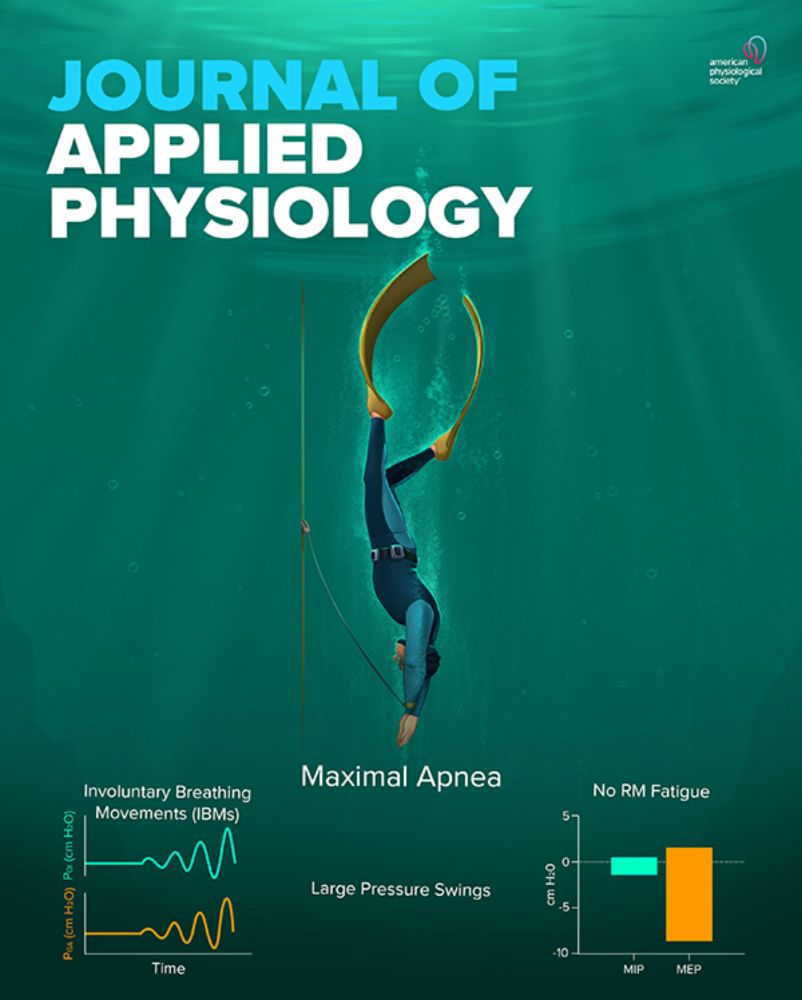
journals.physiology.org/doi/abs/10.1...
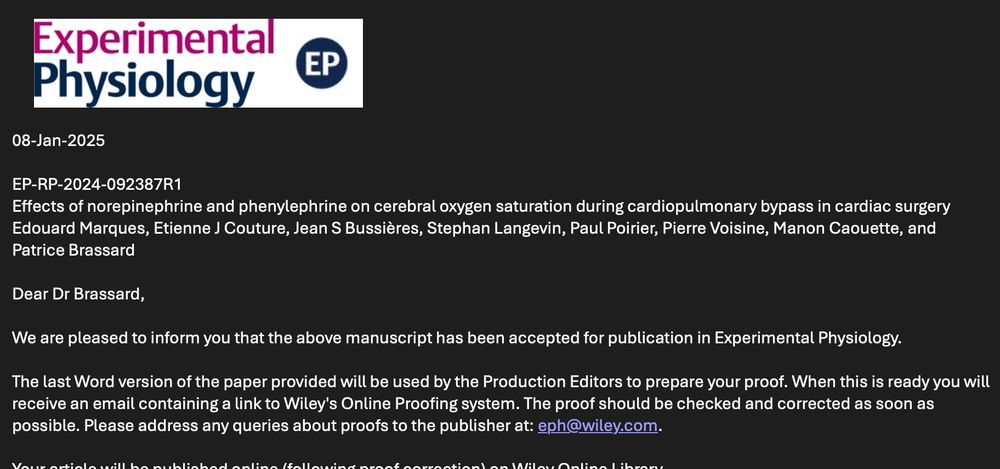
Call for Papers in J Appl Physiol!
Cerebrovascular Control in Health and Disease: From Modeling to Translational Research
Send us your work !
journals.physiology.org/jappl/cerebr...
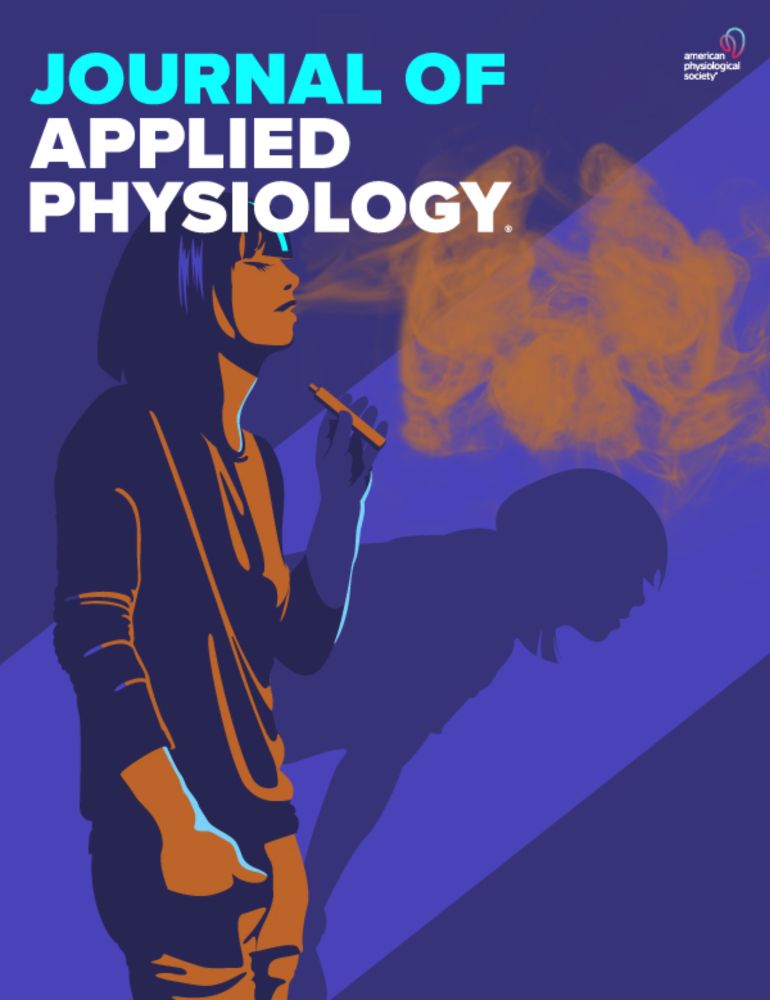
Call for Papers in J Appl Physiol!
Cerebrovascular Control in Health and Disease: From Modeling to Translational Research
Send us your work !
journals.physiology.org/jappl/cerebr...
journals.physiology.org/doi/full/10....
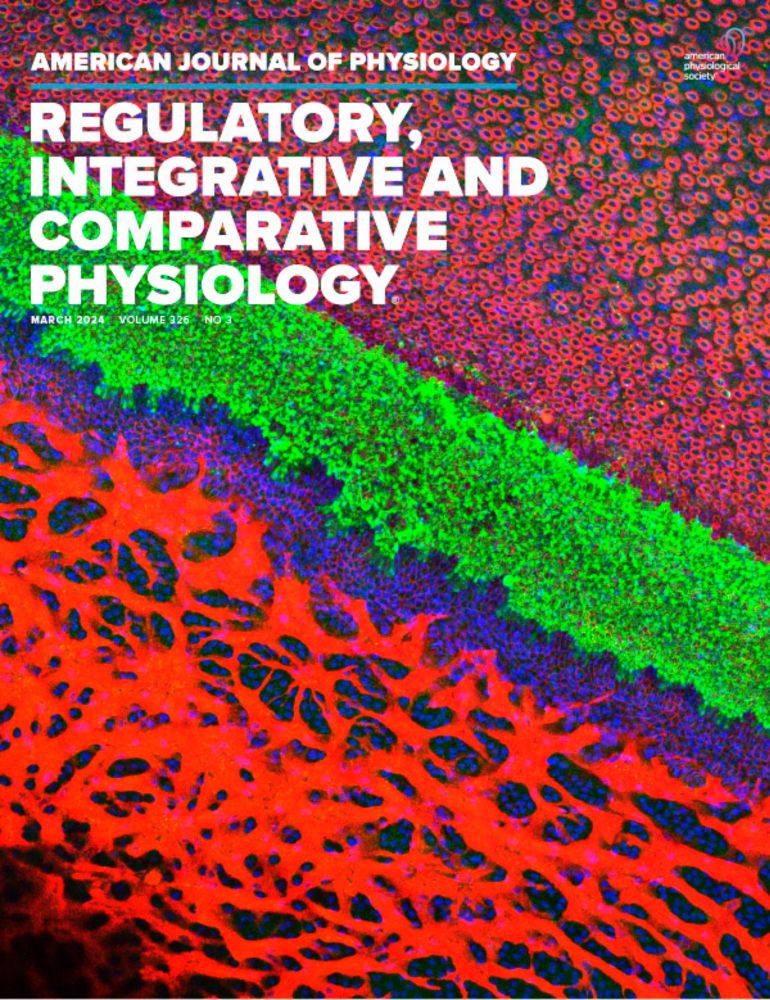
journals.physiology.org/doi/full/10....
Here is a summary 🧵
Here is a summary 🧵
Consequences of adolescent sport-related concussion: exploring long-term cardiorespiratory fitness and adiposity
www.tandfonline.com/doi/10.1080/...
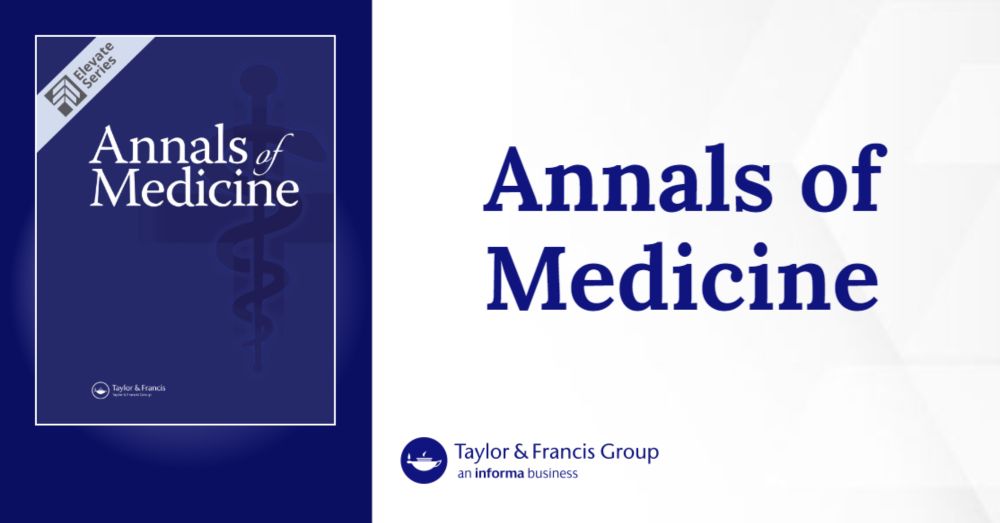
Consequences of adolescent sport-related concussion: exploring long-term cardiorespiratory fitness and adiposity
www.tandfonline.com/doi/10.1080/...
www.car-net.org
www.car-net.org
journals.physiology.org/jappl/cerebr...
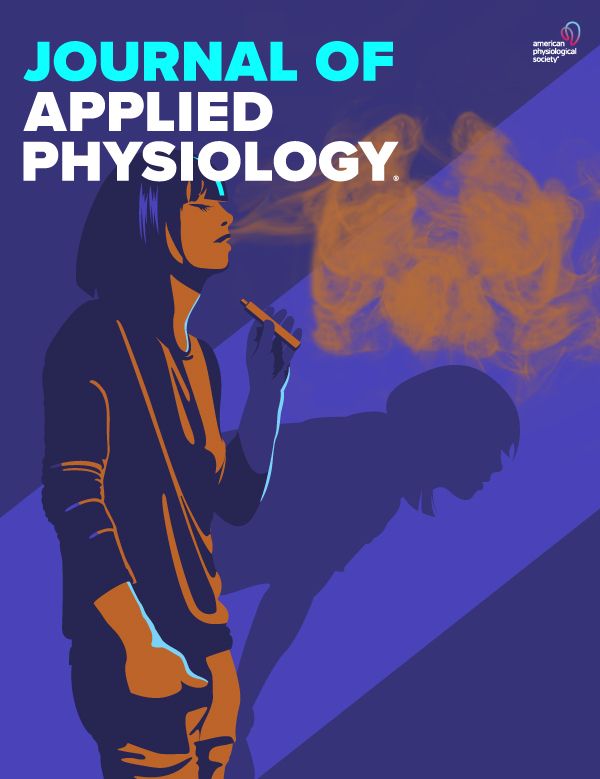
journals.physiology.org/jappl/cerebr...

